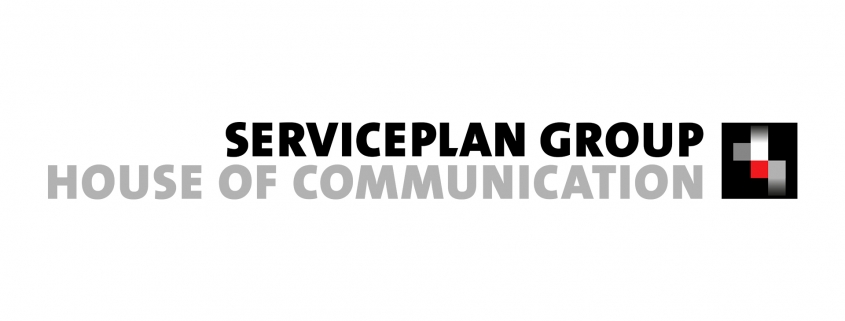2019 is already knocking on the door – new year, new trends. At the end of the year, we asked the Serviceplan Group experts about their personal trends for 2019. What’s coming next alongside influencer marketing, new work and sustainability? The communication professionals give their verdict here. Happy reading!
Of the verbal gems that turned up in the communication sector in 2018, ‘new work’ was one of the shiniest. No event and no convention passed by without evoking the concept of new work and its associated agile techniques. Across the country, countless self-proclaimed prophets and sometimes shamanic change consultants heralded the end of all work days. In the new year, it will be important to stop firing off new work as a buzzword and to use the momentum of its concept instead (because it is much more than just a word) to finally get its inherent horsepower on the road.
Anyone who only understands new work as desk sharing and the Vitralisation (with which Vitra has perfectly understood the new work concept) of office landscapes is falling short; indeed, people are underestimating new work as a profitability doctrine and should urgently read Fritjof Bergmann, whose concept actually dictates that without meaningful, collaborative and responsible work, we will be able to inspire fewer and fewer colleagues and customers in the future. The decentralisation and democratisation of the nature and structure of work is a necessary and consistent response to the increasing complexity and increasing pace of work processes due to rapid digitisation across all areas of society. New work is increasingly demanded by customers, guaranteeing faster decisions and results as well as increased processor proximity rather than silo thinking. New work increases innovation strength through interdisciplinary teams as well as participatory formats, thus becoming a true business asset. Only in this way can the competitive capacity of a company in the communications industry be secured in the long term.
The prerequisite is the recognition that the introduction of agile methods places considerable demands on colleagues and executives alike with regard to role and self-understanding, organisational processes, maintaining customer relationships, designing work environments, leadership behaviour and self-discipline. This includes changing the mindset of everyone involved – from juniors to managers. For colleagues, it is a question of a shift towards more self-initiative and personal responsibility. For the management, it means a new understanding of leadership that is defined in terms of enabling and supporting.
And when there is still the awareness that new work and agile methods cannot be top-downed by a company but instead that its establishment is an organic process based on prototyping and deep understanding of different business models – that there is not just one form of new work, but infinite facets of it – then you have left the buzzwording phase behind and the question can once again be asked: which verbal gem would we prefer to keep polishing?
This article is part of the Trends 2019 series of the Serviceplan Group.

